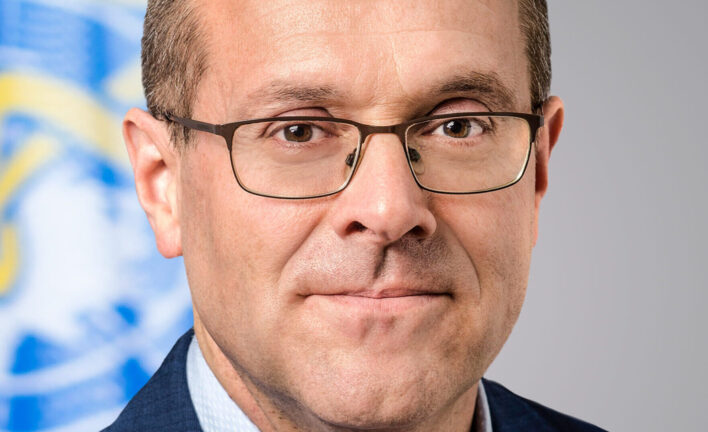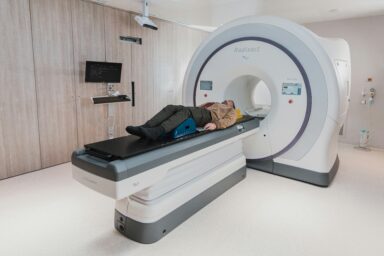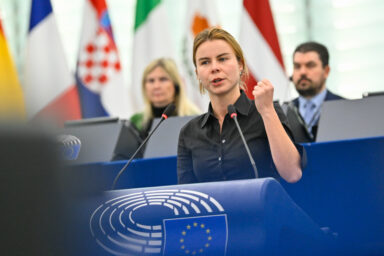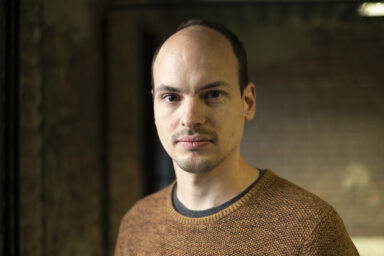Non-communicable diseases (NCDs) account for the vast majority of preventable deaths across Europe. Hans Kluge, regional director for WHO Europe, is urging leaders to translate evidence into action. On 25 September 2025, at the UN General Assembly is to set a new vision for the prevention and control of NCDs through a new political declaration.
Speaking at a recent symposium on how to reduce obesity and diet-related NCDs, Mr Kluge warned that the current draft of this declaration risks watering down ambition at a time when policymakers urgently need bold prevention measures.
Mr Kluge noted that obesity remains a major driver of preventable illness. He stressed that effective action can deliver results within a single political cycle. “It’s a misconception that obesity prevention takes decades,” he said, pointing to WHO Europe’s set of so-called quick-buys. Nutrition labelling, market restrictions, and mass media campaigns are proven, cost-effective interventions that change behaviours and save lives. But he also emphasised that obesity is only one part of a wider prevention challenge. Tobacco, alcohol, vaping, and lack of physical activity remain equally pressing priorities for Europe.
As governments prepare their positions for the New York meeting, the head of WHO Europe underlined that Europe has an opportunity—and responsibility—to push for a stronger global commitment on prevention. It should also resist efforts by industry to dilute such ambitions, he claims.
You might be interested
Mr Kluge spoke with EU Perspectives about how Europe can strengthen prevention, overcome industry influence, and set the tone for the global NCD agenda.
What makes prevention both the most powerful tool and the hardest to deliver in practice?
Prevention is one of the most important ways to reduce mortality. Prevention can avoid seventy percent of avoidable mortality, the mortality rate in the economically active population. And prevention is, of course, much more cost-effective than treatment.
It is somewhat complicated in the sense that it depends on the individual, but also on the environment that the government creates and the industry.
At the obesity symposium you referred to the upcoming UN High-level Meeting on NCDs and mental health in New York. You noted Belgium as an example of ambitious prevention. What message do you see as most important in that global context?
I have discussed this with Belgian Health Minister Van den Broecke, a champion in the European Union. Belgium is the first country that has banned disposable e-cigarettes. I will now go back to the Prime Minister of Belgium to ask for his support.
A bit unsettling is that this statement is weakened by the influence of the industry. That has become a completely different framework in recent years.
To give a very concrete example: in the past we spoke of harmful alcohol and non-harmful alcohol. The WHO has been doing this for years now: there is no non-harm. We have very good data that every level of alcohol is harmful.
And now we see from the industry that if there is a wine with only six degrees of alcohol, that will be so-called alcohol-free. Yes, but that does not exist. You know that Belgium is one of the member states that is actually opposing to this. That needs our full support.
Some EU member states appear to support industry positions, for example by allowing six-per-cent wines to be labelled as ‘alcohol-free’. How do you see divisions among countries on prevention laws?
We will see at the informal meeting of health ministers in Copenhagen how discussions unfold. There are several countries, like Slovenia, that I already know are supportive. But there are also countries that are producers. And that is always the case. There is a tension between health interests and the industry.
I always stress that one does not exclude the other. If there is goodwill, you can bring investors, businesses and government together, that is very important. At least at the local level, a lot is being done. So I am optimistic, but we must not let our guard down.
At the European level, what are the most important challenges in the context of the NCDs? And maybe also opportunities for Europe?
Vaping. That is terrible. We must not lose sight of that. With those flavours and those shapes. It is actually a young generation that has been addicted to vaping for a long time.
The most important medicine in Europe is peace. — Hans Kluge, WHO Regional Director for Europe
Tobacco remains the number one killer. Alcohol, of course. Lack of physical activity. And of course, the most important medicine in Europe is peace. As long as we do not have peace, in Ukraine, in Russia, in Gaza, in Israel, what can we say?
At the symposium, Mr Kluge closed with a reminder that prevention is not an abstract policy concept. It is a lived reality for millions of Europeans. He pointed to the story of Jonathan, a 13-year-old boy living with obesity. His mother pleaded for professionals across disciplines to come together to find solutions.
For Mr Kluge, the lesson is clear: prevention works, it saves lives, and it is cost-effective. But it requires political courage to resist industry pressure, invest in evidence-based measures, and build environments that put citizens’ wellbeing first. As he put it, the future where children grow up healthy “is within reach if we are bold enough to make the right decisions”.











